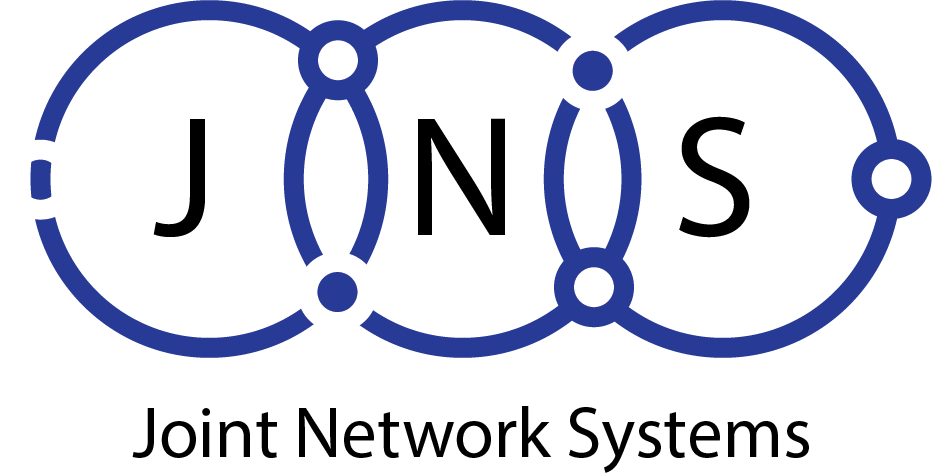
What is VoIP?
VoIP technology simply makes old telephone line conversations
work over the Internet or Networks used by Computers.
So what is VoIP? It is an acronym for “Voice Over Internet Protocol”. To initially provide a little background on telephony before we get into the specifics on it and how it used today. As we all know the common telephone line for everyone is is generally considered to be completely separate from the computer cable that connects to the Internet or even local resources in the office. Or simple something similar to what many of still have at home. These are analog lines where voice travels much differently then VoIP technology.
The world has been using this form of communications (analog) for decades maybe for the last century actually. It has been a workhorse for many years providing dial-tone to our homes and businesses. Equally being very inexpensive when purchasing the phones or any other ancillary equipment interfacing with it.
Making Calls Almost From the Fridge
Just ignore copper wires and handsets. Today you can make phone calls anytime, anywhere using an Internet-connected devices such as computers, smart phones, tablets, SIP Phones, a headset, and voice over IP (VoIP).
It is the technology that converts your voice into a digital signal, allowing you to make a call directly from a computer, a VoIP phone, or other data-driven devices. Simply put, it’s phone service delivered over the internet. You may also hear it referred to as IP telephony, internet telephony, broadband telephony, or broadband phone service.
How the Magic Happens
VoIP enables traditional phone services to operate over IP based computer networks using packetized voice. Packet-switched VoIP puts your voice into packets, similar to an electronic envelope. These VoIP packets can be transmitted over any IP (Internet protocol) compatible network, such as a local area network LAN, WAN, MAN essentially almost any type of packet switched network.
It isn’t your typical phone service
Because VoIP uses computer networks, so much more data can be transmitted over the network opening up so much more possibilities that was not possible before. In addition to the old fashioned voice services, VoIP gives you access to more intelligent applications that can potentially help your company be more productive because they can also work remote. VoIP for the last two decades have been aimed at businesses to not only improve cost on their communications but also they have evolved into new businesses offering Hosted PBX services or Cloud-Based unified communications services.
So what’s the case
Switching to VoIP may also help you save money on communications services. Long-distance and some international calls are generally free with VoIP service providers. The only cost is the internet access and a subscription service similar to what we have here. You can find more information at https://www.jointnetworks.com.
Implementing VoIP doesn’t necessarily mean that you are forced to purchase new phones. However, doing so does have it pros and cons. For example there is no longer a need to not only pay support contracts or worry about maintaining a phone system, but also our service is really a managed service. Meaning there is also no need to pay extra to get something done such adding an extension or removing an employee and forwarding calls to another extension.
1100 Brickell Bay Drive
Suite 113
Miami Florida 33231
Tel: 866-JNS-NETS
www.jointnetworks.com



What is VoIP?
VoIP technology simply makes old telephone line conversations
work over the Internet or Networks used by Computers.
So what is VoIP? It is an acronym for “Voice Over Internet Protocol”. To initially provide a little background on telephony before we get into the specifics on it and how it used today. As we all know the common telephone line for everyone is is generally considered to be completely separate from the computer cable that connects to the Internet or even local resources in the office. Or simple something similar to what many of still have at home. These are analog lines where voice travels much differently then VoIP technology.
The world has been using this form of communications (analog) for decades maybe for the last century actually. It has been a workhorse for many years providing dial-tone to our homes and businesses. Equally being very inexpensive when purchasing the phones or any other ancillary equipment interfacing with it.
Making Calls Almost From the Fridge
Just ignore copper wires and handsets. Today you can make phone calls anytime, anywhere using an Internet-connected devices such as computers, smart phones, tablets, SIP Phones, a headset, and voice over IP (VoIP).
It is the technology that converts your voice into a digital signal, allowing you to make a call directly from a computer, a VoIP phone, or other data-driven devices. Simply put, it’s phone service delivered over the internet. You may also hear it referred to as IP telephony, internet telephony, broadband telephony, or broadband phone service.
How the Magic Happens
VoIP enables traditional phone services to operate over IP based computer networks using packetized voice. Packet-switched VoIP puts your voice into packets, similar to an electronic envelope. These VoIP packets can be transmitted over any IP (Internet protocol) compatible network, such as a local area network LAN, WAN, MAN essentially almost any type of packet switched network.
It isn’t your typical phone service
Because VoIP uses computer networks, so much more data can be transmitted over the network opening up so much more possibilities that was not possible before. In addition to the old fashioned voice services, VoIP gives you access to more intelligent applications that can potentially help your company be more productive because they can also work remote. VoIP for the last two decades have been aimed at businesses to not only improve cost on their communications but also they have evolved into new businesses offering Hosted PBX services or Cloud-Based unified communications services.
So what’s the case
Switching to VoIP may also help you save money on communications services. Long-distance and some international calls are generally free with VoIP service providers. The only cost is the internet access and a subscription service similar to what we have here. You can find more information at https://www.jointnetworks.com.
Implementing VoIP doesn’t necessarily mean that you are forced to purchase new phones. However, doing so does have it pros and cons. For example there is no longer a need to not only pay support contracts or worry about maintaining a phone system, but also our service is really a managed service. Meaning there is also no need to pay extra to get something done such adding an extension or removing an employee and forwarding calls to another extension.
1100 Brickell Bay Drive
Suite 113
Miami Florida 33231
Tel: 866-JNS-NETS
www.jointnetworks.com


